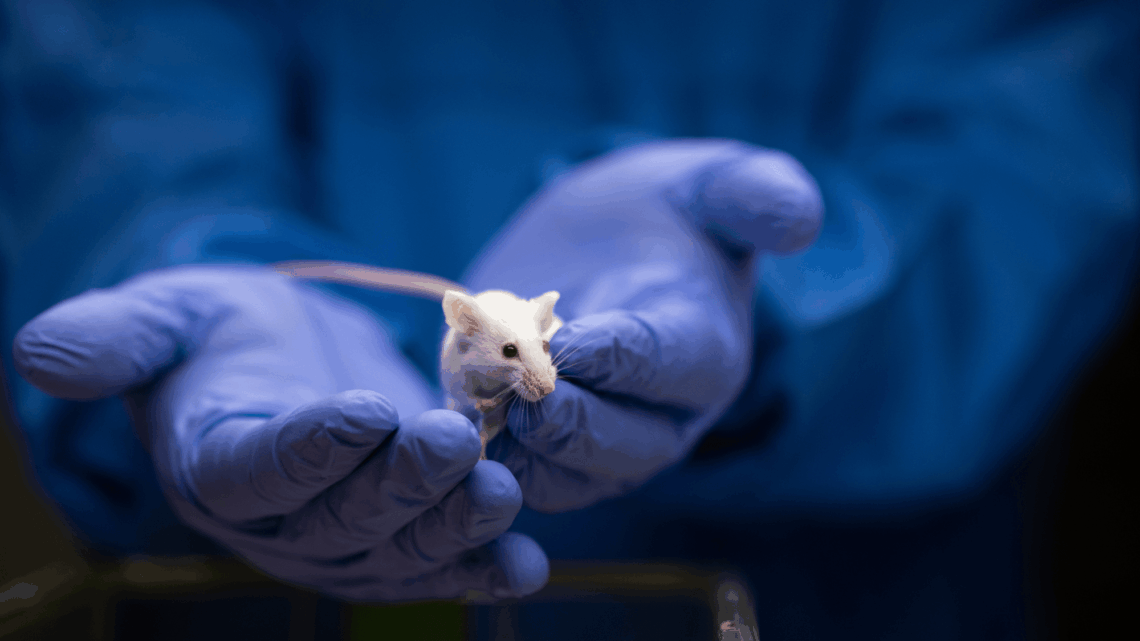Since the dawn of humanity, biology has followed a strict and elegant rule: you need chromosomes from mom and some from dad if you want to make a kid. But now, researchers are using genetic editing techniques to make babies from two male mice.
According to a study published in PNAS and reported by Ars Technica, researchers custom-engineered methylation, using CRISPR-style tech, and surgically modified the imprinting sites on a sperm genome, essentially rewriting the tags so one set of male chromosomes acted like they were from a female.
Scientists have spent decades poking loopholes in genetics to find a way to break the gendered binary necessary for creating new life. Going back around 20 years, researchers found a way to make a female mouse give birth to a baby with chromosomes from two unfertilized eggs. Back in 2018, they even got two sperm into an egg after the female DNA had been booted out.
Now, it appears they finally pulled it off. Out of 250 embryos, the researchers got three live births, all of them male. Not a great success rate, but the ones that survived made it into adulthood, proving that imprinting could, theoretically, be hacked.
It’s still wildly inefficient and probably not a good blueprint for next-gen parenting technology to rival IVF. But the experiment proves we understand more than ever about imprinting, embryonic development, and the role methylation plays in cellular development.
The post Scientists Used Gene Editing to Make Baby Mice From Two Males appeared first on VICE.




